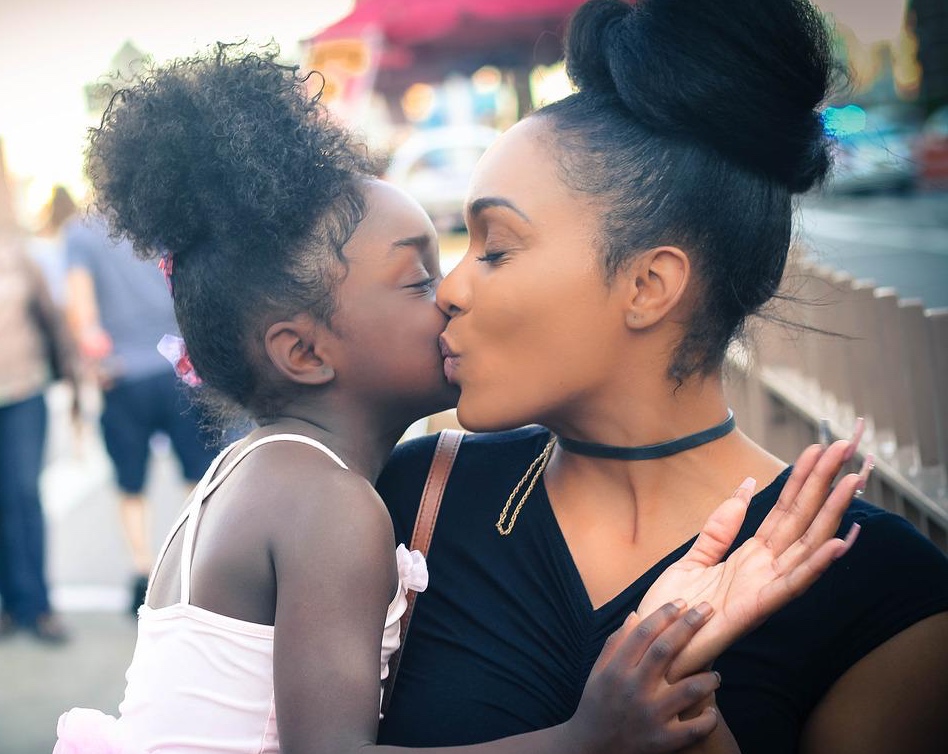Motherly love is different from other kinds of love. Brotherly love is connected to the Golden Rule. It tells us to love our neighbors as ourselves. Maternal love is stronger and more intimate. It focuses on the unique personality of those we love.
Fraternal love is about reciprocity. It asks us to respect each other’s rights. But maternal love is deeper and more intimate. It is not always reciprocated. It is not about equality. Rather, it is concerned with the concrete needs of the one who is loved.
The language of brotherhood is common in ethics and politics. The French Revolution celebrated liberty, equality and fraternity. The UN Declaration of Human Rights says, “All human beings are born free and equal in dignity and rights. They are endowed with reason and conscience and should act towards one another in a spirit of brotherhood.” Martin Luther King Jr. said, “We must either learn to live together as brothers or we are all going to perish together as fools.”
The language used here is gendered. Perhaps we should also say that there should be a spirit of sisterhood. Some go so far as to talk about “pregnant persons” instead of mothers.
But on Mother’s Day, we celebrate the spirit of motherly love. Motherly love is oriented toward the well-being of each particular child. Rather than treating all children the same, maternal love focuses on the uniqueness of each child.
Motherly love is emotionally stronger than brotherly love. It is also less egalitarian. Brothers are supposed to treat one another fairly and equally. But mothers love their children in a way that is biased and partial.
Mothers have special relationships with their own children that they simply do not have with other children. Of course, that special relationship works both ways. Most of us are biased when it comes to our own mothers. Toddlers seek their mother’s arms for comfort. And adult children give special care to their mothers.
I wrote about motherly love in a blog post last year on Mother’s Day. A friend suggested that this seems a bit sexist and old-fashioned. To say that motherly love is partial and biased may imply that mothers are ethically flawed.
But this only makes sense if we believe ethics is only about impartiality and equality. Motherly love is as important as brotherly love. Brotherly love gives us equality and respect. But motherly love gives us comfort, care and belonging. Each kind of love is needed.
The impartiality of fraternal love responds to inequality and intolerance. But a mother’s personal love helps us thrive in a world that is cold and indifferent. It is sexist to say that maternal love is inferior. The remedy is to understand that motherly love is important and that brotherly love is not the whole of ethics.
The Golden Rule of fraternal love remains a guide for morality. But what if we also said that we should learn to love other people as mothers love their children? That seems to be the heart of an ethic of compassion, to learn to care for others as our mothers cared for us.
And what about fatherly love? Well, our culture imagines a father’s love as that of a strict and dispassionate disciplinarian. Paternal love is the equality and impartiality of brotherly love taken to a higher level. The image of “God the Father” often portrays Him as loving us despite our failures, while reminding us that we need to straighten up and fly right.
But mothers don’t love us despite our failures. They love us because of our flaws, since it is our flaws that make us unique and special. Motherly love is focused on the personality of the one loved, while fatherly and brotherly love emphasizes the abstract personhood behind the personality.
We have to be careful in thinking this through. This gendered language includes stereotypes that can be hurtful and divisive. The truth is that men can love like mothers. And women can be dispassionate and impartial. We all have the capacity for each kind of love.
On Mother’s Day we celebrate motherly love. Let’s reflect on what our mothers taught us about love—and thank them for those lessons.
Read more at: https://www.fresnobee.com/opinion/readers-opinion/article261144842.html#storylink=cpy


